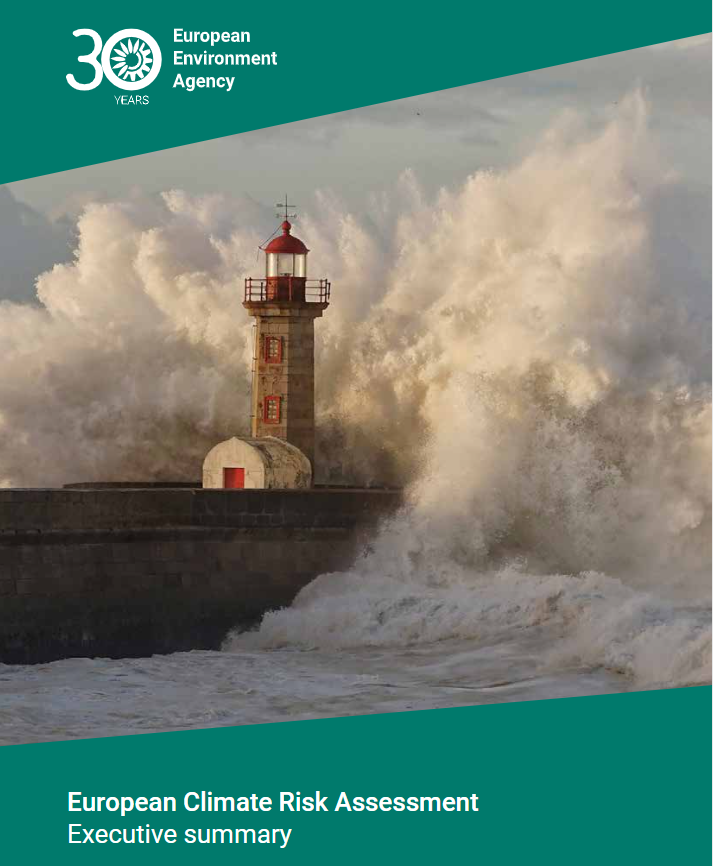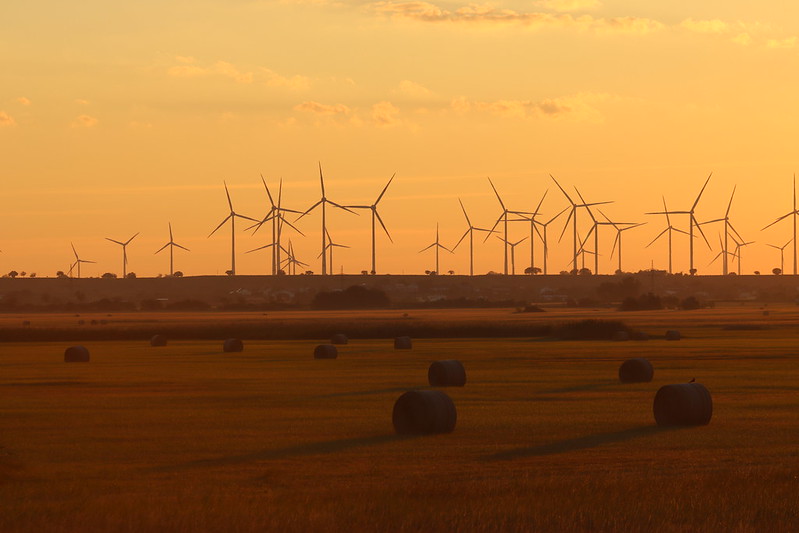All official European Union website addresses are in the europa.eu domain.
See all EU institutions and bodiesWe need substantial investments to reduce our economic activities' impacts on the environment and climate. Sustainable finance is about making sustainability considerations an integral part of financial policy and decision-making with the aim to re-orient and scale up public and private investments towards meeting sustainability goals.
The transition to a sustainable and fair economy entails substantial investments. Sustainable finance facilitates directing capital towards sustainable activities and projects. That means taking environmental, social and governance considerations into account when making investment decisions.
Green finance is a part of sustainable finance that takes into consideration environmental objectives such as whether the investments would preserve biodiversity and water and marine resources, prevent pollution, boost the circular economy, or support climate change mitigation and adaptation.
Sustainable finance is the broader concept that includes not only green investments but also social characteristics such as human rights, labour relations and investment in communities and governance-related issues, such as management structures, employee relations and executive remuneration.
Sustainable finance will help the EU achieve the objectives of the European Green Deal, as well as the EU’s international commitments regarding sustainability. The European Green Deal investment plan is to mobilize at least one trillion euros of investments over the decade. It will create the right environment — or ‘enabling framework’ — to facilitate and stimulate the public and private investments needed for the transition to a climate-neutral, green, and inclusive economy.

Climate impacts can affect the financial systems
The first European Climate Risk Assessment (EUCRA) identifies 36 climate risks that pose a threat to Europe’s energy and food security, ecosystems, infrastructure, water resources, financial stability, and people’s health.
Many climate impacts can affect the economy and the financial system, from where they can cascade further to other policy areas that may be deprived of financial resources.
Investing in green industry can help keep sustainability momentum in Europe
To accelerate the green transition, Europe needs a solid socio-economic and fiscal policy framework to ensure the European Green Deal is smoothly implemented in the upcoming EU institutional cycle.
This requires some clear political decisions and good policymaking, namely within fiscal and industrial policies. New green industrial policies can help overcome limitations in public finance for the green transition.
- The implementation of the European Green Deal (EGD) demands a huge amount of investments, around EUR 520bn (billion) per year from 2021-2030. Additional investments to boost the EU’s capacity to manufacture net-zero technologies amount to around EUR 92bn from 2023 until 2030.


EEA's work on sustainable finance
The EEA has contributed to the design of EU sustainable finance policy through active participation in and input to several expert groups assisting the European Commission in its work on the Action Plan on sustainable finance and its components such as the EU Taxonomy.
The EEA is a permanent member of the Platform on Sustainable Finance, formed under the EU Taxonomy Regulation advising the Commission on the development of the EU Taxonomy and on the implementation of the Sustainable Finance Framework.
The EEA also contributes to the first European Sustainability Reporting Standards and is an observer to the European Financial Reporting Advisory Group (EFRAG) — Sustainability Standard Board.
In addition, the EEA works together with international partners (such as the OECD) and regularly provides information on sustainable finance such as the Green Bond Indicator that is published once a year as part of the monitoring of the implementation of the 8th Environmental Action Programme.
What is the EU Taxonomy for sustainable activities?
The EU Taxonomy is a classification system, providing companies, investors and policymakers with appropriate definitions for which economic activities can be considered environmentally sustainable. It aims to create security for investors, protect private investors from greenwashing, help companies to become more climate-friendly and help shift investments where they are most needed.
The Taxonomy Regulation establishes six environmental objectives:
- climate change mitigation;
- climate change adaptation;
- the sustainable use and protection of water and marine resources;
- the transition to a circular economy;
- pollution prevention and control;
- the protection and restoration of biodiversity and ecosystems.
While contributing significantly to one of those objectives, an activity should not do significant harm to any of the others.

